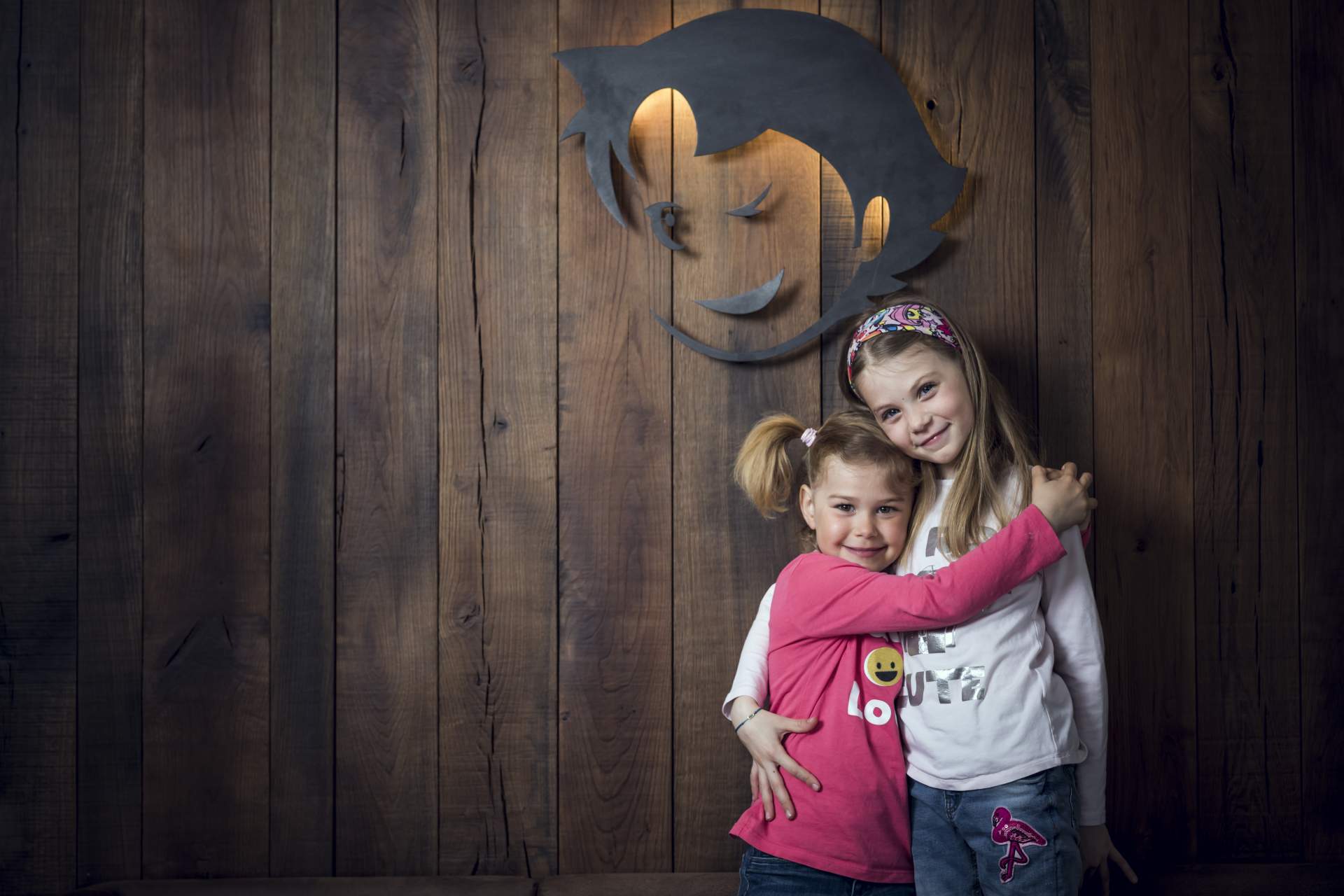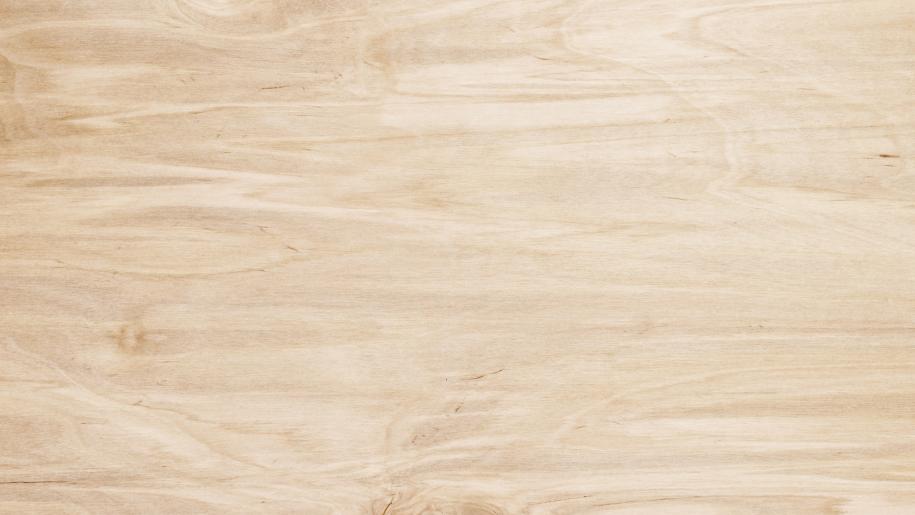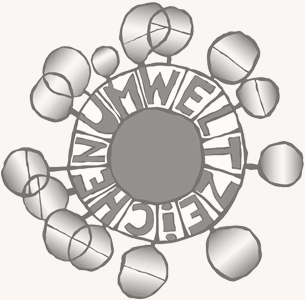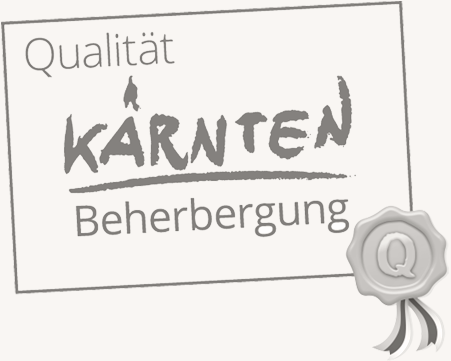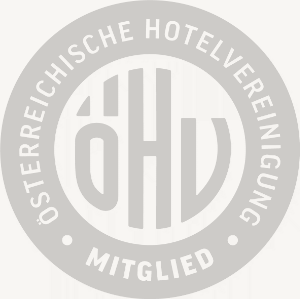(after Johanna Spyri, abridged version by Heidy Sunier)
Heidi was five years old when she was taken to her grandfather's alp by her aunt Dete. She had been looking after the child for four years, from the day her mother, her sister Adelheid, died. As she now had a tempting offer from a noble family in Frankfurt, it was now his duty to look after the child. Heidi could no longer stay with old Ursel in Pfäfer's village, as she was too old and blind and the child could not learn anything from her. The grandfather was enraged by Dete's insolent behavior, but lovingly took care of the child after she left.
From then on, Heidi was allowed to go out with Geißenpeter to the upper pastures every day, which was very good for her physically and mentally. She couldn't get enough of the variety of alpine flowers, marveled at the wonder of the sun bathing the rocks in glowing red light in the evening; she loved the goats and felt happy for the first time in her short life.
In winter, the Alpöhi often took Heidi on the sledge to the Geißenpeterhütte, where he mended everything that wasn't nailed down. Meanwhile, Heidi's lively storytelling always brought light and joy into the living room and life of the old, blind grandmother of the Geißenpeter.
After two years, the parish priest appeared on the alp to admonish the grandfather to send the child to school, as she was now seven years old. The Alpöhi said that Heidi was only being spoiled in the village because the people there were always talking bad about each other. On the same day, Base Dete appeared, willing to take Heidi to Frankfurt immediately. Heidi could bring great joy to a paralyzed little daughter there as a companion. The grandfather was very angry at this request. Heidi, however, only went along because Dete assured her that she could return immediately if she didn't like it there.
A completely new world awaited Heidi in Frankfurt: instead of mountains, meadows and rustling fir trees, a big gray city with wide streets and lots of people. Her little daughter Klara soon proved to be a loving friend. Miss Rottenmeier, the governess, on the other hand, is a hysterical tyrant who is hostile to children and animals. Sebastian, the servant, is Rottenmeier's secret helper and gleeful colleague, who has a great time when she almost faints from fright at the young kittens Heidi brings home. Tinette, as the maid, who has nothing but scorn and derision for Heidi. Fortunately, there is Grandma, who teaches Heidi to read and pray with much love and patience, and Mr. Sesemann, who quickly realizes that Heidi's presence is a blessing for his daughter. And finally the doctor, who spontaneously orders Heidi's journey home after she is so homesick that she can no longer eat or sleep and is caught wandering around at night.
One man's sorrow is another man's joy: Klara misses her little friend very much, to whom she owes two entertaining, amusing years. Heidi, on the other hand, is happy to be back on the alp with her grandfather, to hear the rustling of the fir trees, to be able to watch the bird of prey and to visit her blind grandmother, to whom she can now read songs from her songbook. Every day Heidi goes back up to the heights with Geißenpeter and the goats, where she quickly recovers. After Heidi has told her grandfather the story of the prodigal son, he comes to his senses and moves to the village with Heidi and the goats before winter sets in, where Heidi can attend school.
As a result, she also teaches Peter to read. Unlike before, he now also sits in class every day and is able to read the songs to his blind grandmother in winter when Heidi is unable to because of the heavy snow.
In spring, they move back to the alp with the goats. From time to time, Klara sends a letter from Frankfurt. She hopes to travel to Switzerland in the summer. The doctor has prescribed a spa cure in Bad Ragaz and then she will visit Heidi on the alp every day. She is so happy to finally see everything: the mountains, the flowers, the sunset, the goats and, of course, her dear friend Heidi.
However, instead of the Sesemann family, only the Herr Doktor comes in late fall. His only daughter died a few months ago and he hasn't been able to be happy since. Heidi manages to cheer up her old friend, to whom she owes her journey home. She encourages him to pray and quotes the song to him: "Command your ways and what grieves your heart, the most faithful care, the one who guides the sky, who gives clouds, air and winds, ways, course and path, he will also find ways where your foot can go." The doctor leaves Switzerland reassured and comforted and then has to tell Klara again and again how lovely it is with Heidi on the alp.
The next summer, the time has come: the Sesemanns are coming! Klara and her grandmother ride up to the alp on horseback. Heidi is so happy about their arrival that she jumps for joy several times. Goat Peter is less happy. He fears that Heidi will no longer have time for him. Out of anger, he pushes Klara's wheelchair down the mountain, where it smashes into many pieces. Thanks to her grandfather's care, the good air and the goat's milk, Klara gets stronger every day and learns to stand and walk on her feet. When Mr. Stresemann arrives, he can't believe his eyes when Klara walks towards him. Peter is tormented by his guilty conscience because he let the wheelchair disappear, but everything turns out well in the end. He even receives a salary from his grandmother: a tenner every week for the rest of his life.
When Mr. Sesemann asks Alpähi how he can repay him for taking such good care of his daughter Klara, he says that his only wish is that Heidi never has to earn her living from strangers in her life. Whereupon Mr. Sessemann assures him that Heidi will settle in the area around Maienfeld in the future. He had enjoyed the child's company so much that he wanted to stay close to Heidi for the rest of his life. Now Heidi is also asked if she has a wish. She wishes for the big bed from Frankfurt with the blanket and pillows for her blind grandmother so that she never has to be cold again.
The next morning, tears flow as Klara leaves, but Heidi is promised that she will now come to her every summer on vacation. The Sesemanns keep their word. Peter receives his tenner on time and the big bed from Frankfurt arrives in a few days.
The Herr Doktor arrives in the Dörfli shortly afterwards, where he buys the old building that served as the Alpöhi's winter quarters. He also orders the restoration and a conversion so that he can live in the same house as Heidi from then on. He wanted Heidi to look after him in his old age, in return for which she would be his sole heiress. At these words, the old grandfather is very happy, because now he knows that Heidi will be well looked after for all time.

